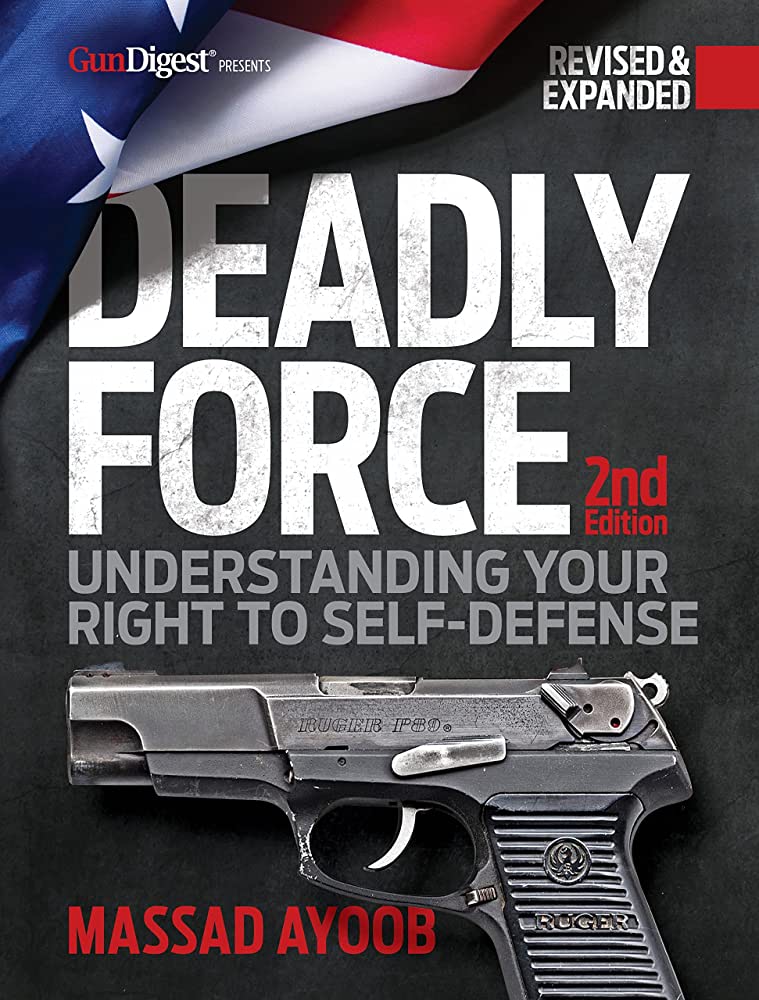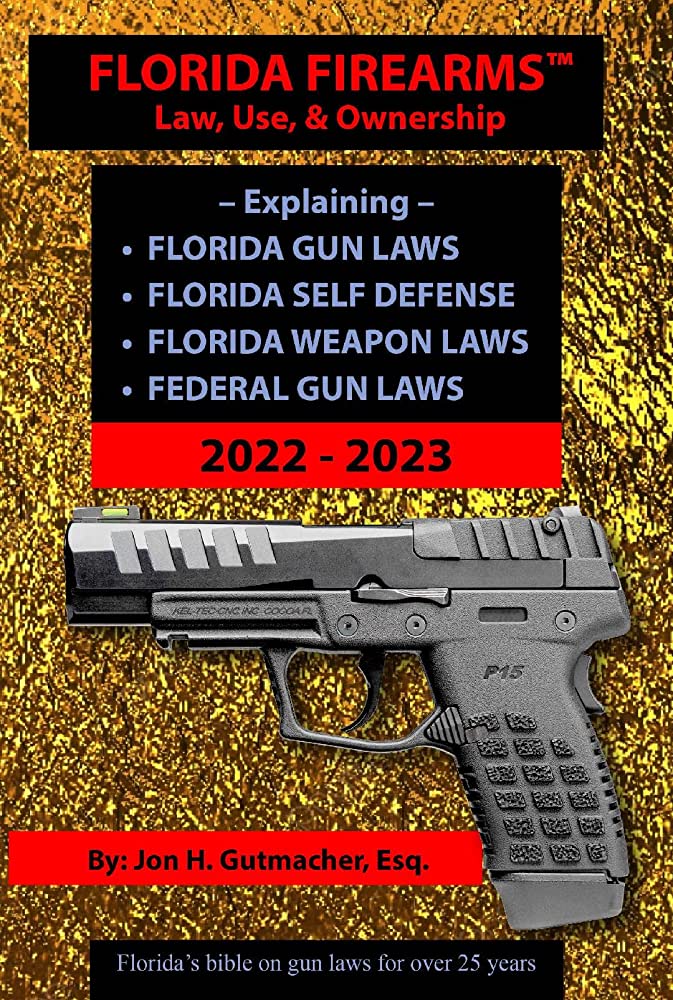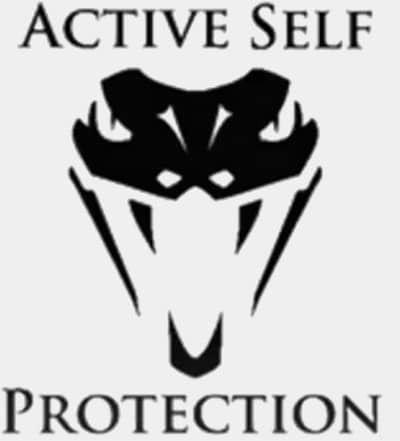This Is Why Your CCW Won’t Save You
May 4th, 2023
6 minute read
Editor’s Note: The following article is not intended as legal advice regarding self-defense. Please consult your local laws.
Sweat and blood mixed to create a slippery lubricant on the kidnapper’s left arm. I could feel him slipping from my grasp.
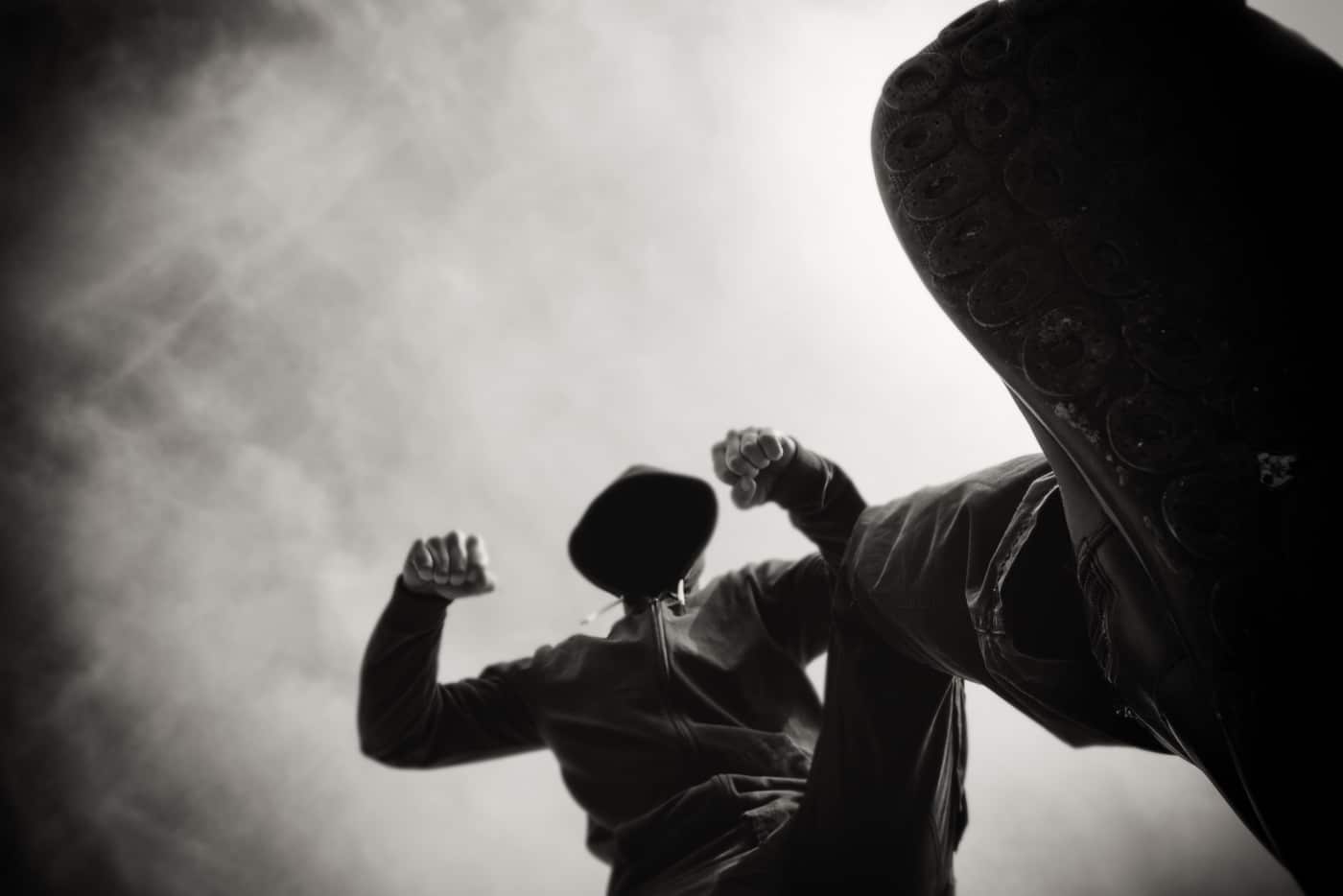
Twice my size, the suspect was a force to be reckoned with when he was sober. The influence of cocaine made him a raging animal. I was in prime shape as was my partner. We both hit the gym daily, and it was everything we could do to fight the maniacal felon wanted for armed robbery, kidnapping and a slew of other violent crimes.
Jammed into the narrow hall of a single-wide trailer, the three of us fought on the floor in what was one of the most desperate melees of my life. It was about 3 am in the middle of a hot Georgia summer. The suspect inched close to his bedroom where he was known to have multiple firearms.
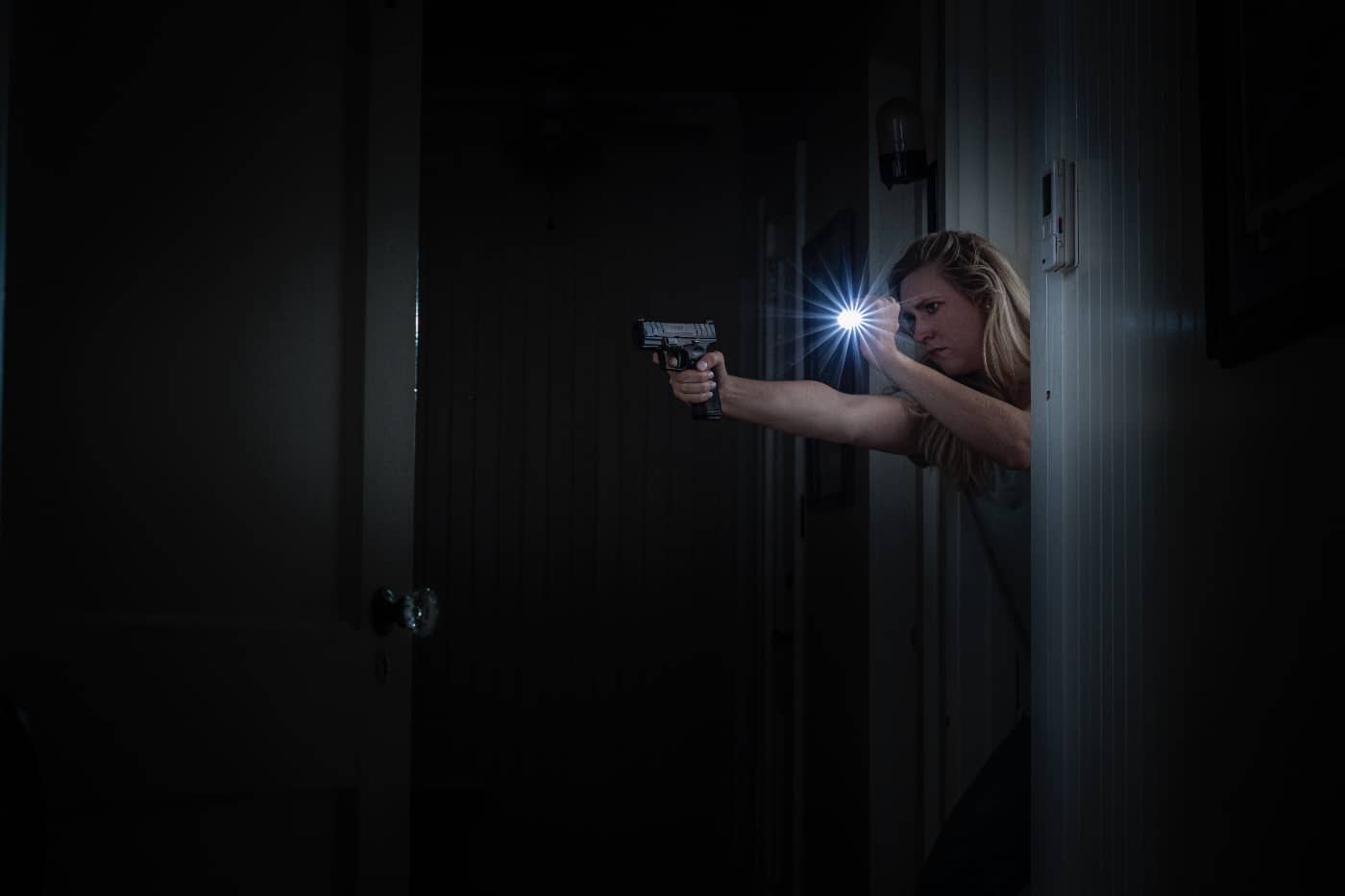
I had already committed myself to survival, and I’d be damned if I would let some dirtbag kill me in this nasty, roach-infested heat box. On sheer will alone, I summoned whatever reserves I had available to me to gain some control of the suspect’s arm. Locking it out, I could drive his shoulder into the exposed floor and gain some control over his movement. Somehow, my partner was able to do something similar just before he reached a firearm.
My shirt was ripped and covered in blood — mine and his — but he was in custody. Strength, endurance and skill all played a role. I maintain, however, that the will to fight was what got me home that night.
Willingness to Fight
Frequently, gun people talk about tools and equipment. Less frequently, we talk about training. Sadly, we talk even less about the right mindset needed for survival.
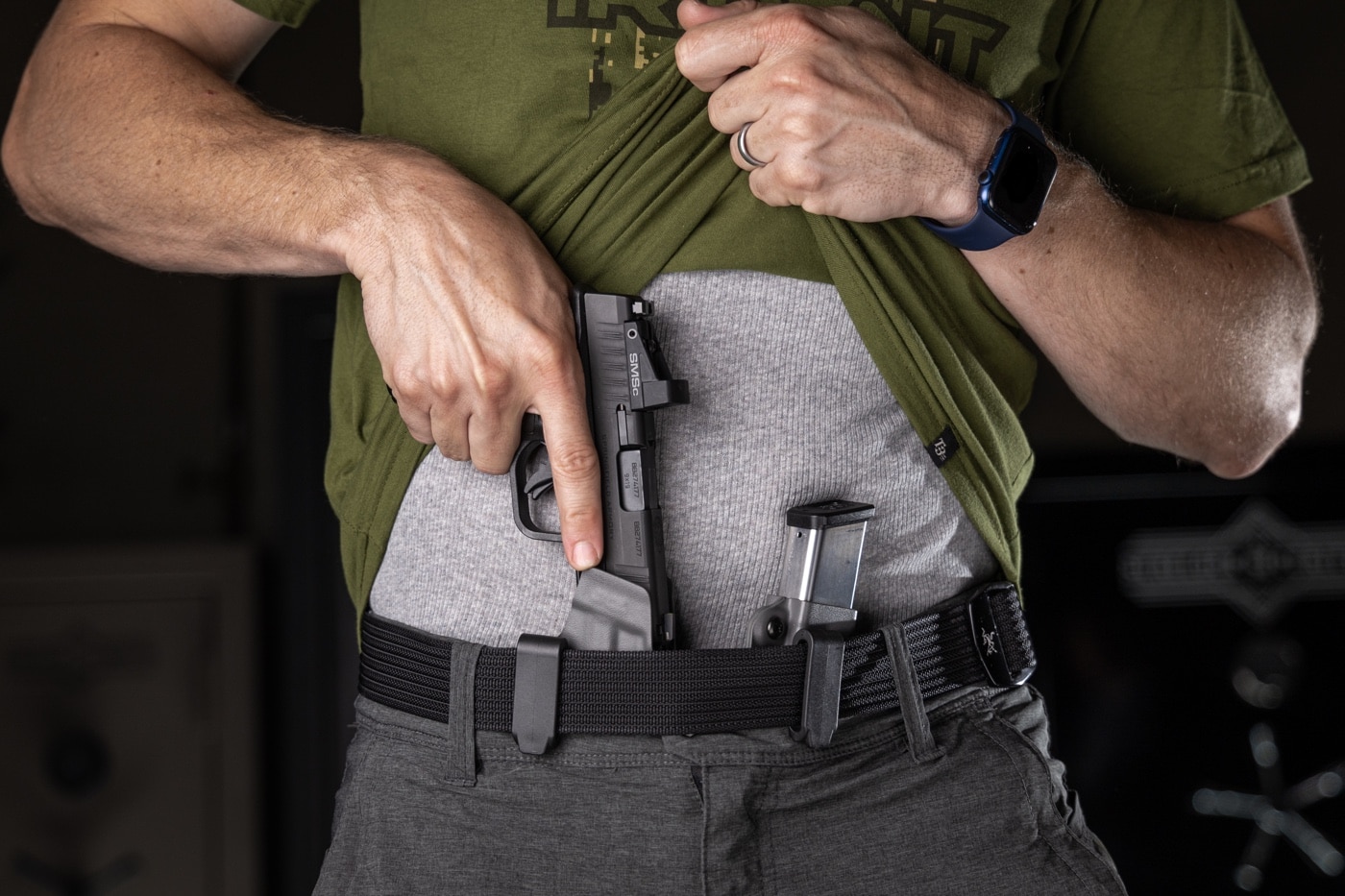
Interpersonal violence is abhorrent to civilized people. It should be. Violence for perceived slights or personal gain is never appropriate.
For those who live in violence, it is simply a way of life. Violence can bring wealth, respect and power.
And therein lies one of the problems: criminals are comfortable using violence while many good people are not. If you are unaccustomed to violence, you may hesitate when you are morally and legally authorized to defend yourself or a loved one.
Field Training
In my law enforcement career, I most enjoyed my time as a field training officer. A field training officer, or FTO as we were better known, is a partner assigned to every new officer when they leave the police academy.
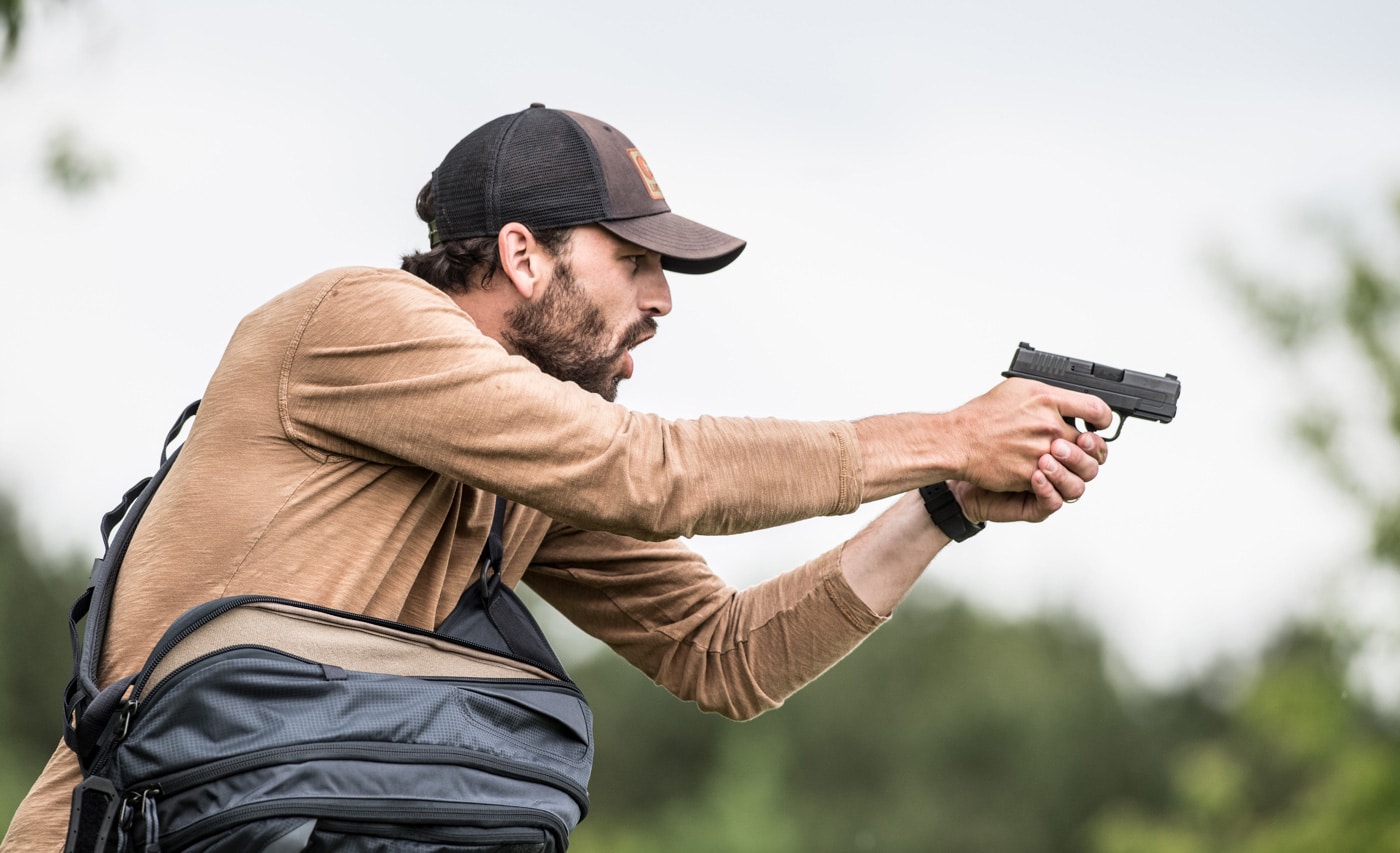
The FTO’s job is not easy. One is expected to be a trainer and mentor to the new officer while remaining suitably detached to objectively evaluate the rookie’s performance against standardized guidelines. While a lot goes into it, you can boil down the field training officer’s job as showing the new cop how to use everything they learned in the academy on the street. Sadly, the street is not a forgiving learning environment, and the penalties for failure can be steep.
In the academy, recruits are taught communication skills, defensive tactics and firearms use. But, nothing will test a new cop like getting into a fight in the real world. For many cops, it is the first time they will encounter violence as an adult. Some will freeze — unsure as to what to do because they are mentally unprepared. Others will panic and overreact. Both are unacceptable behaviors.
When a rookie responds inappropriately, the FTO can often step in and prevent disaster. Once the call for service is complete, the training officer can review the incident with the new officer and offer criticism and advice on how to handle a similar incident correctly in the future. This is part of the process of developing someone from naïve to competent. Some make it, while others do not.
Citizens Field Training?
How can the average citizen develop a fighting spirit without the benefit of a formalized field training program? I’ve found that hesitation to fight for one’s safety often comes from a misunderstanding of the law and how it applies in the real world.
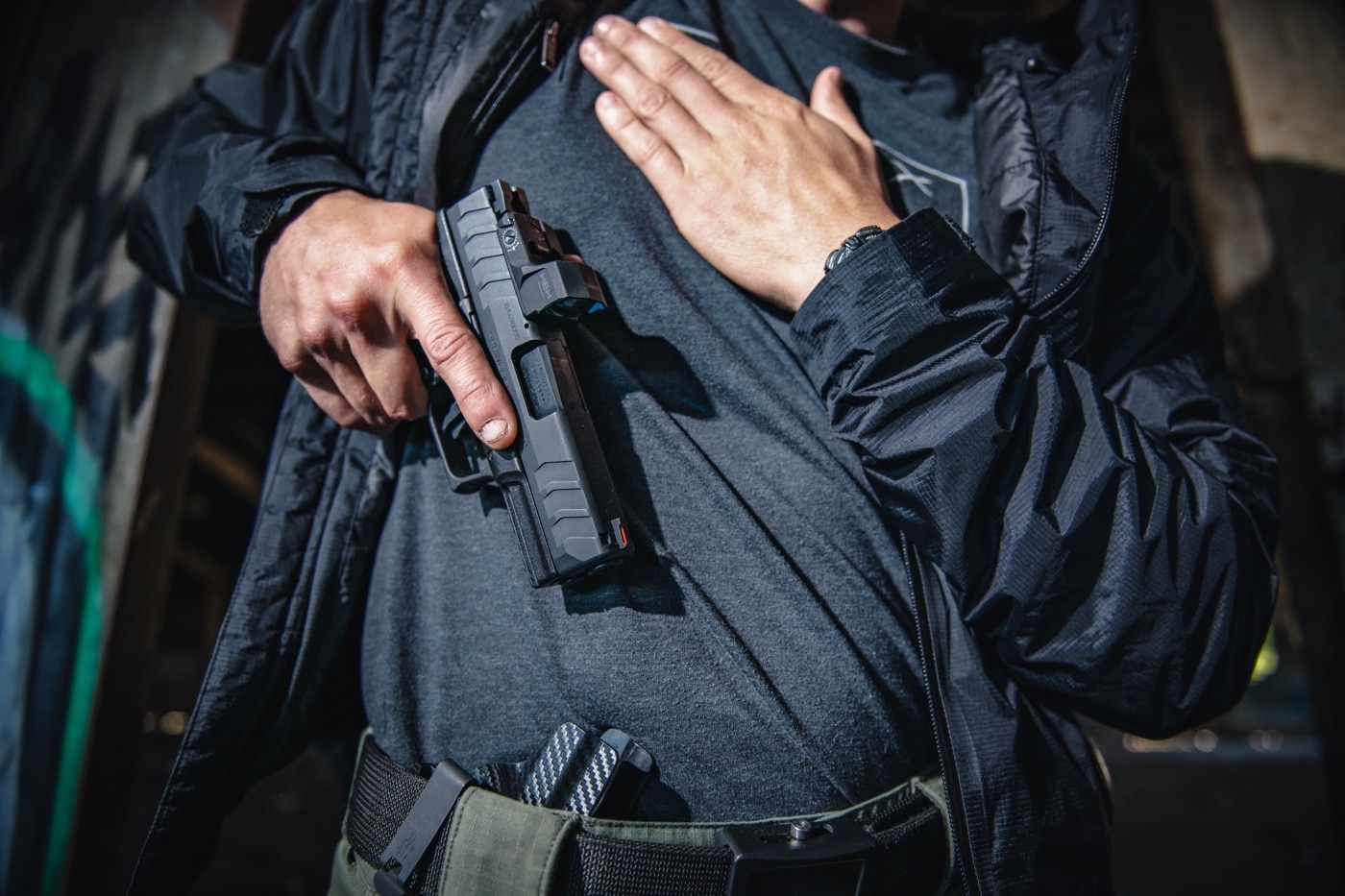
The law is tricky. It varies from jurisdiction to jurisdiction, and there is rarely any leniency offered to people who get it wrong. What is legal in this state may be a felony the next state over. This uncertainty can create hesitation in people who don’t understand what is allowed when facing a violent attack.
Just like a rookie cop — you may freeze or overreact. A critical difference is that you do not have an experienced partner on hand who can step in and prevent disaster.
The best thing you can do is to learn your state’s laws on self-defense. Even if you think you have a handle on things, there is a good chance you may not. Even if you do, laws change. You need to keep yourself updated.
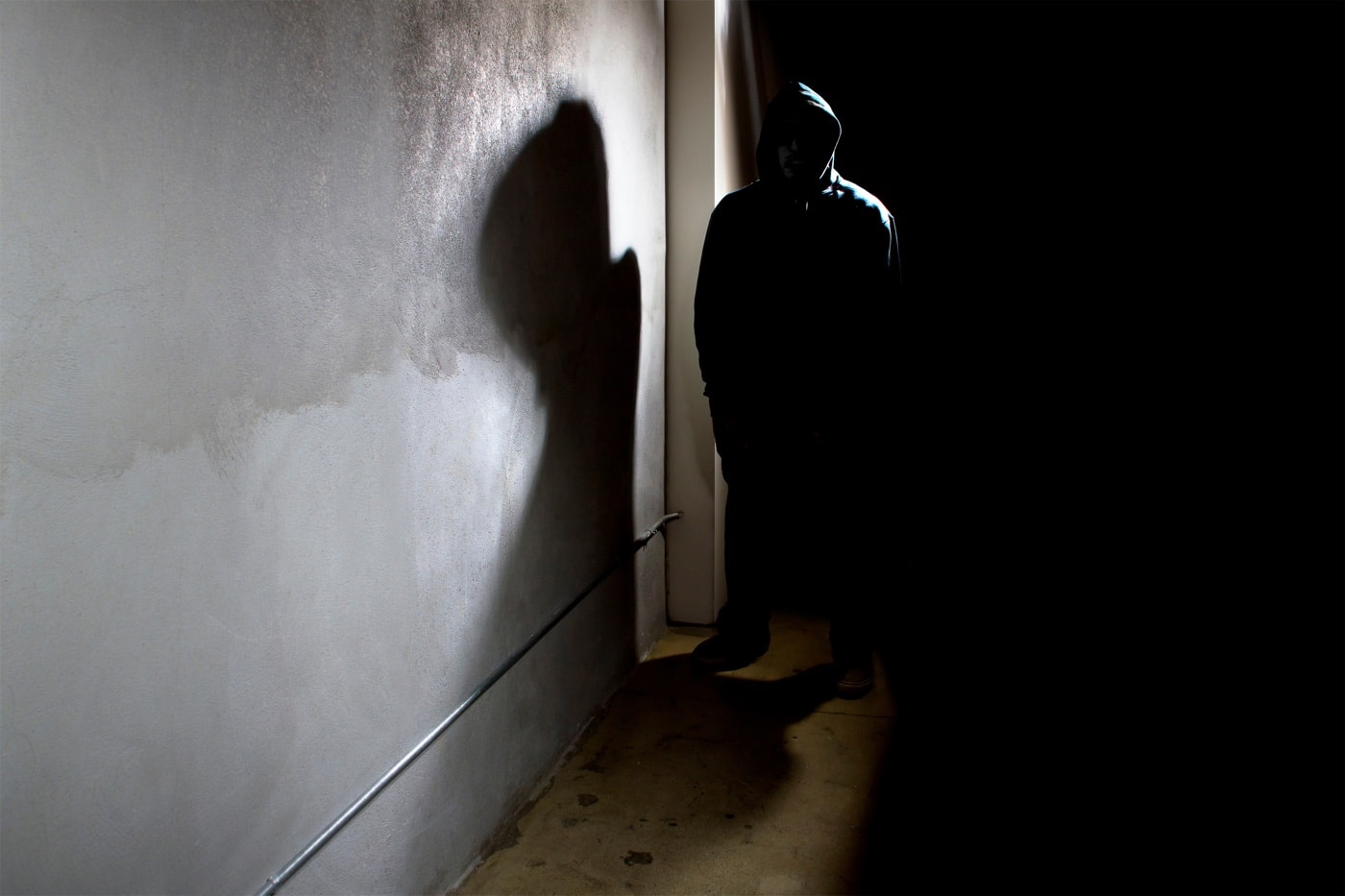
I believe several books on the market can help you along the path of understanding. The first place I recommend you start is the book Deadly Force: Understanding Your Right to Self-Defense (Second Edition). Written by Massad Ayoob, this is a well-written volume that helps to explain when it is, and is not, appropriate to use force in the defense of yourself or someone else. I consider this understanding to be fundamental to having the right survival mindset.
For me, in-person training with Ayoob is even better than the book. He offers a two-day, 20-hour course called “Armed Citizen’s Rules of Engagement” that covers many of the legal issues related to the use of force. His 40-hour Mag40 class incorporates the information into a 40-hour class that includes a good deal of range time as well.
Some books are written to explain state laws. Not all of them are good, but some of them are excellent in my opinion. For example, the book Florida Firearms: Law, Use and Ownership is a magnificent tome written by Jon H. Gutmacher, Esq.
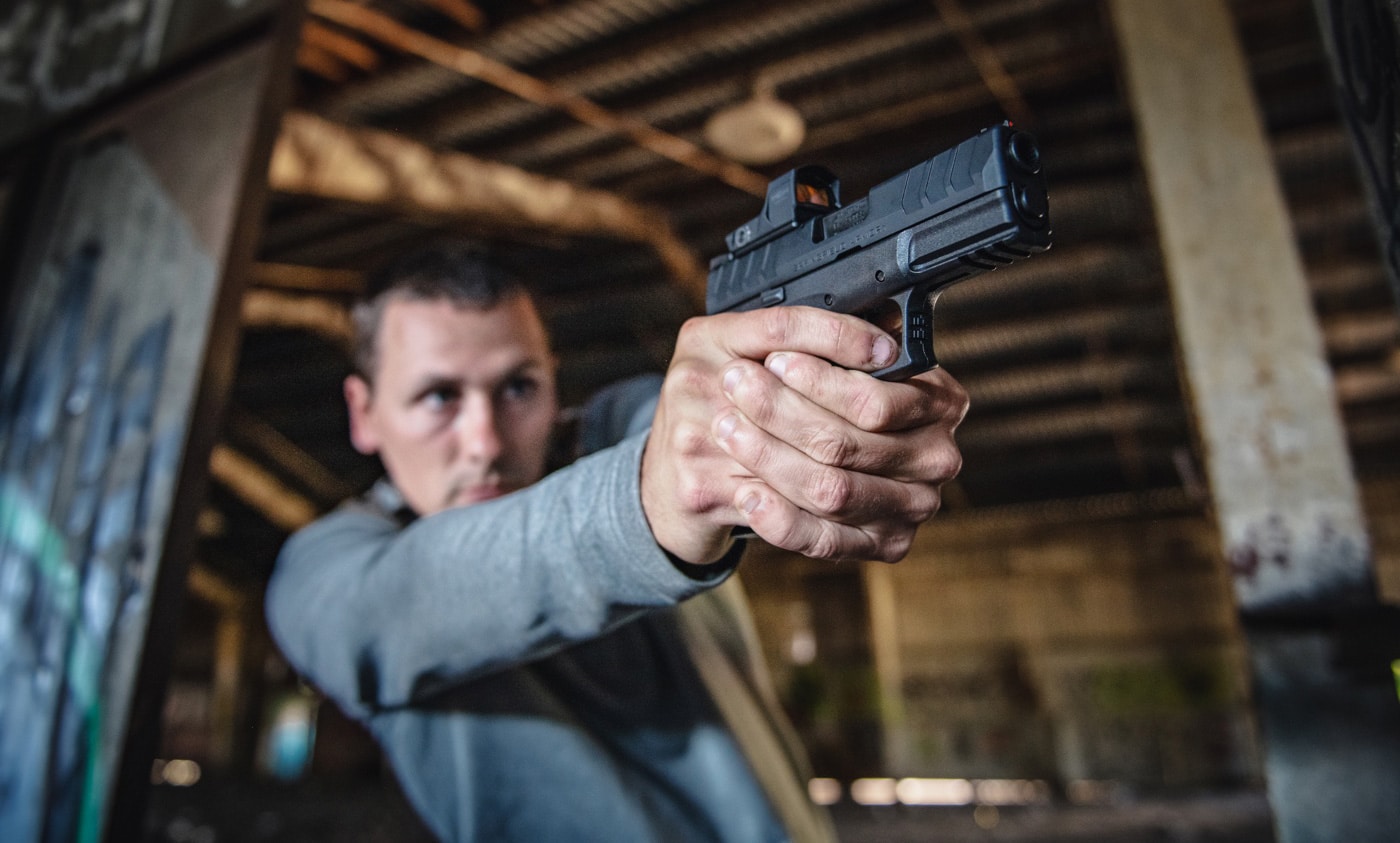
As a solid supplement to Ayoob’s training, I recommend the Active Self Protection channel on YouTube. The host, John Correia, presents daily videos showing self-defense encounters. He then breaks each one down, showing what went right and wrong. Fair warning: almost all of the videos show violence — sometimes very graphic — and are not recommended for the kids.
Correia has more than 3,000 videos on the channel, which can provide a broad understanding of the dynamics of violent confrontations. I recommend taking these in small doses to better understand the lessons in each.
Final Thoughts
The right to self-defense is fundamental to all living things. It is one of the self-evident truths the founders recognized and later enshrined in the Second Amendment. However, the right does not guarantee safety. You must have the tools to defend yourself to ensure your protection.
Remember, your will to survive is one of the most important tools you can have. Like any other tool, however, you have to keep that willingness to fight oiled and sharp. That means we need to have moral clarity and an understanding of the legal ramifications of our actions. We’re the good guys and we should always act like it.
Editor’s Note: Please be sure to check out The Armory Life Forum, where you can comment about our daily articles, as well as just talk guns and gear. Click the “Go To Forum Thread” link below to jump in and discuss this article and much more!
Join the Discussion
Featured in this article
Continue Reading
Did you enjoy this article?

 451
451




